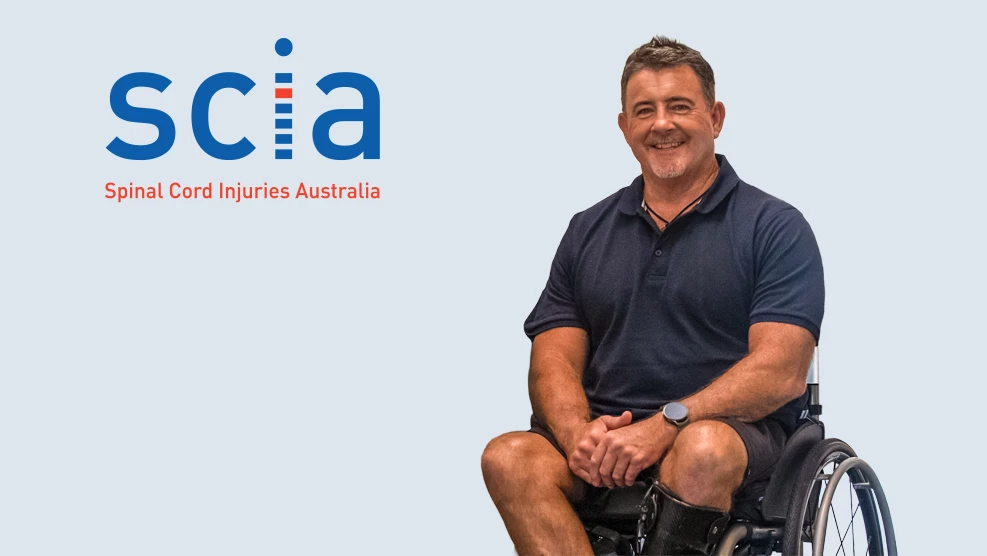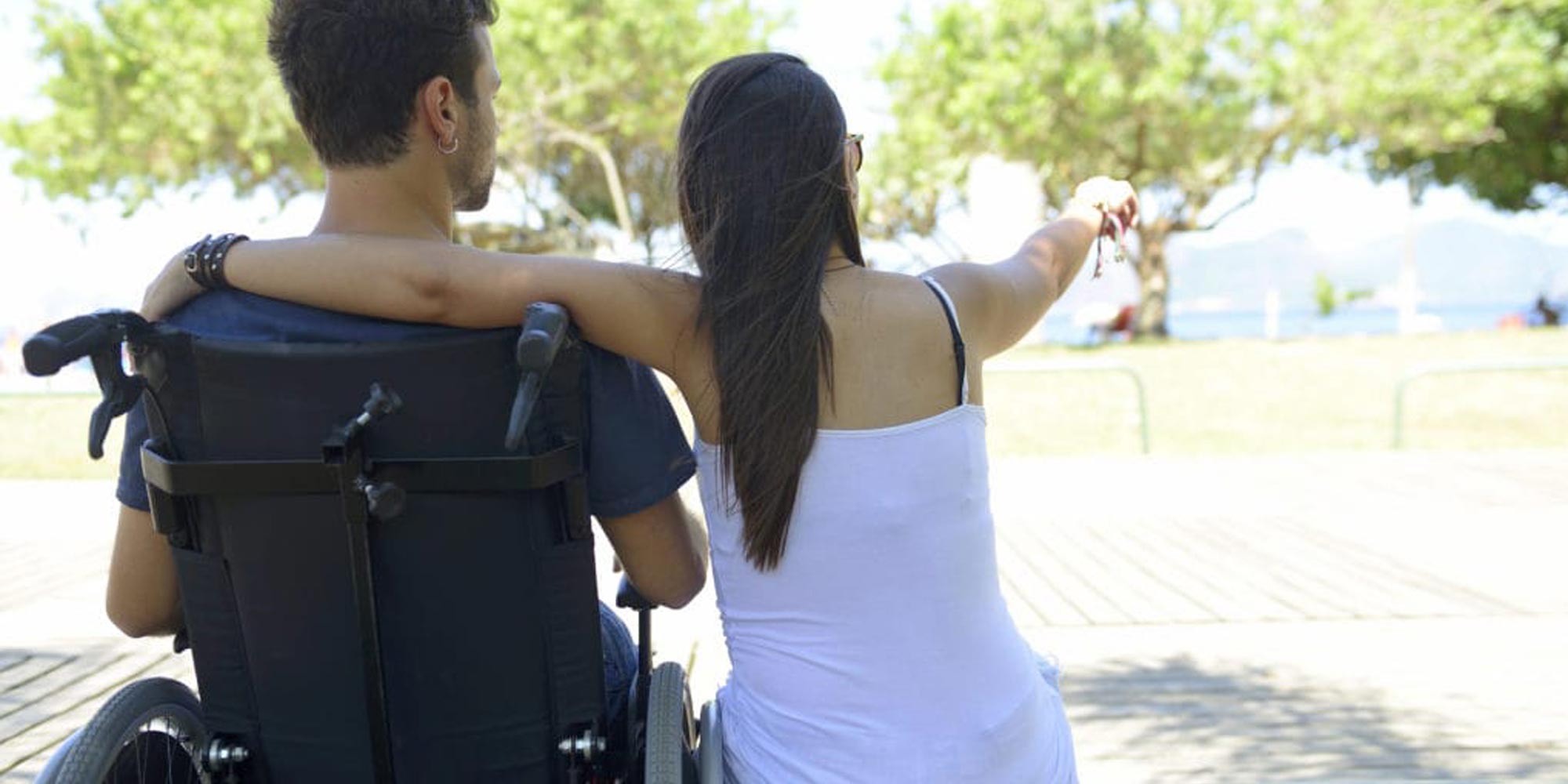Your central hub for information, support tools, and practical advice.
Discover our resources

PASA Research

Have The Nerve – YouTube Playlist

Why is standing so important for people who can’t move their legs?

Assessing the NSW Fitness to Drive Medical Assessment

Sexual Rights, Sex Work and Disability



